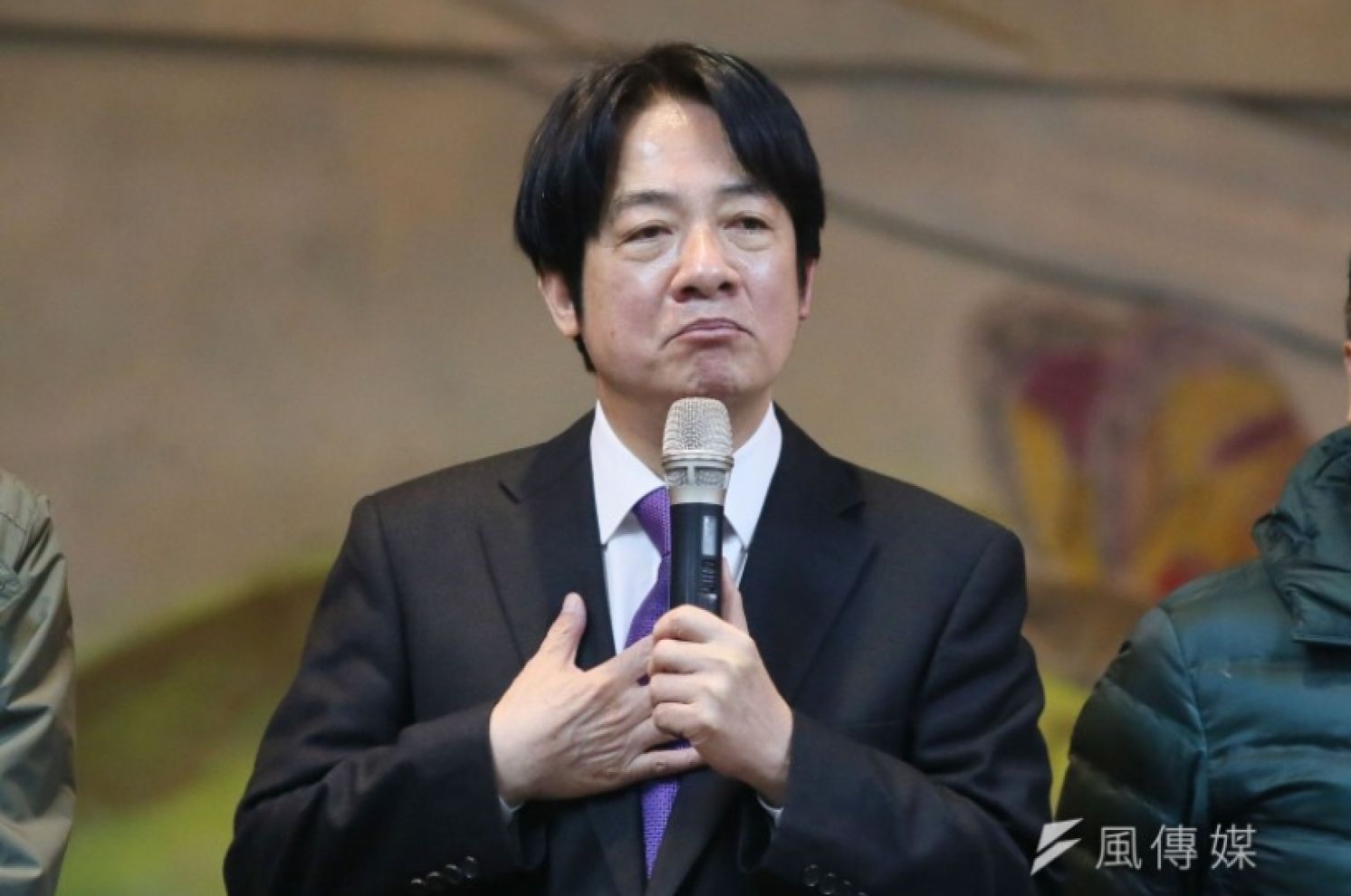
President Lai's Calculation Behind "Greater Democracy"
By Chen Kuan-an, China Times, January 2, 2025
As 2024 closed, the Legislative Yuan passed amendments to the Act Governing the Allocation of Government Revenues and Expenditures, Public Officials Election and Recall Act, and Constitutional Court Procedure Act. At the time, President Lai Ching-te called for "greater democracy" to address political differences, sparking widespread discussion. During his New Year’s Day address, President Lai reiterated that the people have the rights to election, recall, initiative, and referendum, permitting the aggregation of greater democratic power and embodying the essence of popular sovereignty. On January 2, the Executive Yuan promptly proposed a reconsideration of the Constitutional Court Procedure Act.
President Lai’s statements and actions make it clear: what does "greater democracy" mean? It means the ruling Democratic Progressive Party (DPP) and President Lai himself. The election results and representatives chosen by over 13 million voters represent only "small democracy." Thus, when "greater democracy" confronts "small democracy," the ruling party can fully suppress and weaken the opposition and the legislature.
If the opposition win legislative seats, then "greater democracy" can initiate widespread recall efforts. If opposition lawmakers who constitute a majority pass legislation, then "greater democracy" can resort to reconsideration, constitutional interpretation, or even referendum to overturn it. If holding referenda alongside general elections is not allowed, then "greater democracy" can pair referenda with recalls, using "super democracy" to combat "super small democracy." This is President Lai’s calculation and underlying interpretation of democracy: A majority in the legislature is anti-democratic, while a minority government represents democracy.
Under the current timeline, lawmakers will reach one year in office on February 1, making them eligible for recall petitions. A biennial referendum day will also occur in mid-August. According to Article 14 of the Referendum Act, the Executive Yuan can submit major policy proposals for referendum with an explanatory document, subject to the Legislative Yuan's approval and subsequent administration by the relevant authority.
Given the current political standoff, it is unlikely that the Legislative Yuan would approve a referendum initiated by the Executive Yuan on legislative topics. Instead, the DPP central committee may push for referenda through the party system, or pro-DPP affiliate organizations could lead petition efforts.
Referendum topics will likely include the recently passed three laws, mixed with elements of the "resist China to protect Taiwan" narrative to rally the DPP's 40 percent voter base and galvanize large-scale recall efforts. This "wolf pack" strategy would also leverage online forces to target recalled legislators.
If successful in recalling two Kuomintang (KMT) legislators, the DPP would become the largest party in the legislature. Although the Taiwan People's Party (TPP) holds eight seats, this shift would grant the DPP greater strategic and tactical flexibility.
Notably, unlike DPP whip Legislator Ker Chien-ming, who strictly opposes any DPP-TPP alliance, “prospective whip” Legislator Wu Si-yao shifted positions before the three laws passed, publicly stating a willingness to collaborate with the TPP and praising its fiscal division proposals as more conducive to dialogue than the KMT’s.
After successful recalls, the DPP is expected to exert extreme pressure, employ infiltration tactics, and adopt a Trojan Horse strategy to divide and destabilize the TPP, creating opportunities for a DPP-TPP alliance. This would, in turn, constrain the KMT and deprive the party of strategic initiative.
In summary, President Lai’s vision of "greater democracy" does not aim to expand democracy but to enlarge the DPP’s influence. Every calculation revolves around weakening the legislature and the opposition. When the five branches of government are unified, the result will not be greater democracy but greater authoritarianism.
(The author is chairman of the Chinese Youth Public Participation Association.)
From: https://www.chinatimes.com/opinion/20250102004750-262104?chdtv